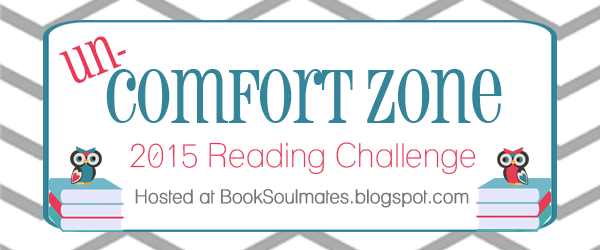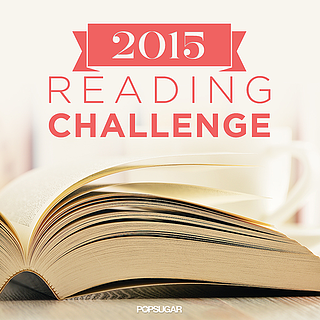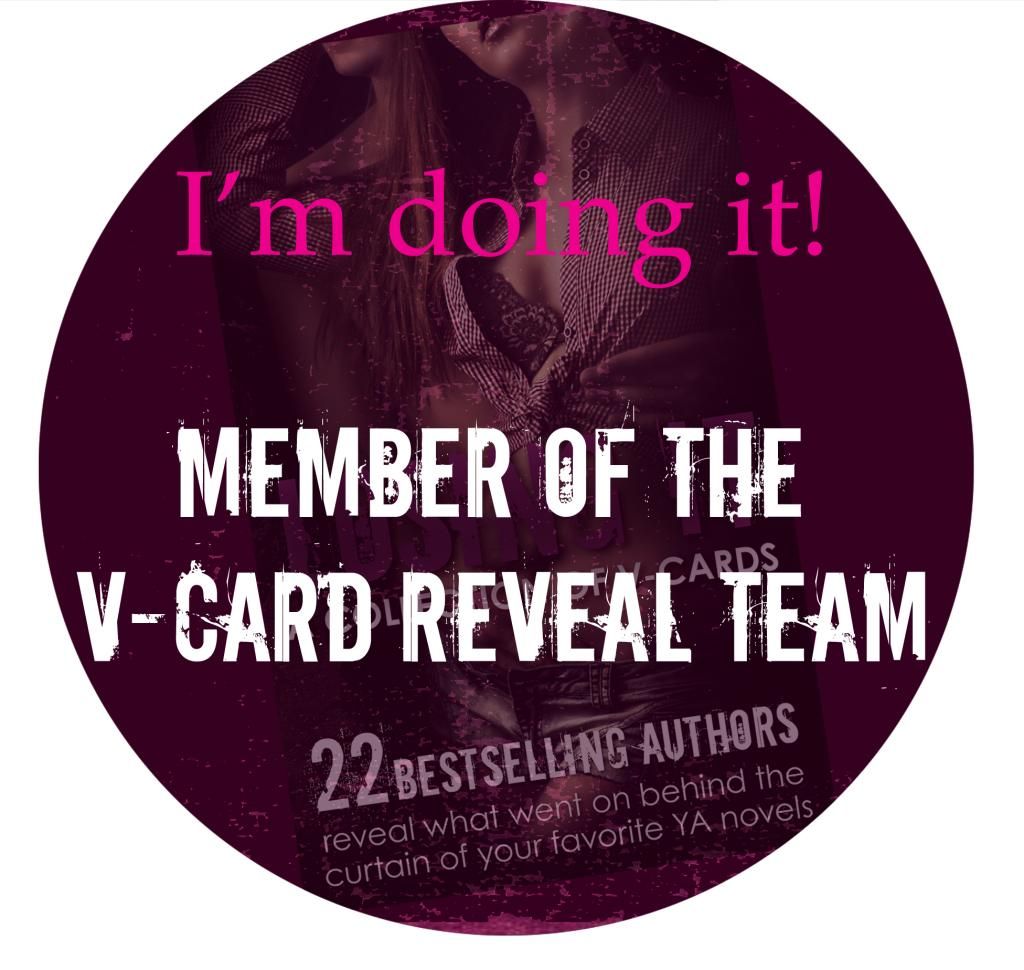Ahem!
Welcome back to Grammar 101...where I help the grammatically-challenged become proud Grammarians. Or at least I try! lol
Welcome back to Grammar 101...where I help the grammatically-challenged become proud Grammarians. Or at least I try! lol
This week, with the help of a Tweep, I decided to tackle COMMAS.
Commas are, seemingly, one of the simplest and most common of all punctuation marks. Which begs the question: why, oh why, do some people not know where to put them?
In layman terms, the Comma is a punctuation mark used to separate things.
When do use commas?
- In lists: Commas are used to separate items in lists. (Duh!) In lists, a comma may or may not be used before the final conjunction (and, or, nor, etc.) This is known as the Serial Comma.
The use or omission of such a comma may serve to avoid ambiguity:
USE:
• I spoke to the boys, Sam and Tom. – You spoke to the boys, who are Sam and Tom (I spoke to two people).
• I spoke to the boys, Sam, and Tom. – You spoke to the boys and Sam and Tom.
OMISSION:
• I thank my mother, Anne Smith and Thomas. – The writer is thanking three people: the writer's mother and Anne Smith (who is not the writer's mother) and Thomas.
• I thank my mother, Anne Smith, and Thomas. – Could be either my mother and Anne Smith and Thomas or Thomas and my mother, who is Anne Smith.
- Separation of Clauses: Commas are often used to separate clauses. (Note: A clause, basically, is a complete sentence containing a subject and an object.) The comma is used to separate a independent clause from an dependent clause.
EX:
Dependent clause first: After I brushed the cat, I lint-rollered my clothes.
Indepedent clause first: I lint-rollered my clothes after I brushed the cat.
- Certain adverbs: Commas are always used to set off certain adverbs: however, in fact, therefore, nevertheless, moreover, furthermore, still, instead, too.
Rule: If these adverbs appear in the middle of a sentence, they are enclosed in commas. Ex: In this sentence, furthermore, commas would also be called for.
Note: Using commas to offset certain adverbs is optional: then, so, yet.
- Parenthetical phrases: Commas are often used to enclose parenthetical words and phrases within a sentence (Note: information that is not essential to the meaning of the sentence.)
- Introductory phrase: Once upon a time, my father ate a muffin.
- Interjection: My father ate the muffin, gosh darn it!
- Aside: My father, if you don’t mind my telling you this, ate the muffin.
- Appositive: My father, a jaded and bitter man, ate the muffin.
- Absolute phrase: My father, his eyes flashing with rage, ate the muffin.
- Free modifier: My father, chewing with unbridled fury, ate the muffin.
- Resumptive modifier: My father ate the muffin, a muffin which no man had yet chewed.
- Summative modifier: My father ate the muffin, a feat which no man had attempted.
- Between adjectives: A comma is used to separate coordinate adjectives; that is, adjectives that directly and equally modify the following noun. Adjectives are considered coordinate if the meaning would be the same if their order were reversed or if and were placed between them.
- Before quotes: A comma is used to set off quoted material that is the grammatical object of an active verb of speaking or writing, as in Mr. Kershner says, "You should know how to use a comma." Quotations that follow and support an assertion should be set off by a colon rather than a comma.
- In dates: That's an easy one. Today is April 7, 2011.
- Vocative: Commas are placed before, after, or around a noun or pronoun used independently in speaking to a person, place or thing: I hope, followers of ours, that you will read this.
For more comma rules, you can visit:
Grammar Girl
Owl English
Time for the fun stuff.
Commatastrophe!
SELF-EXPLANATORY!
Note to Barry: A comma and an apostrophe are NOT the same thing! I guess he figures, potat-o, po-tato!
Hey, at least they got the "you're" right!
Ok, now this is just plain STOOPID!!!
The Comma Sutra, LOL!

These one is just plain FUNNY!! *Hahahaha*
Have a super day kids!




























I carefully worded my comment to avoid the need of a comma. I believe I was successful. Thank you for the great post!
ReplyDeleteThanks! I needed that!
ReplyDeleteI, really, think, you, do, a, terrific, job, with, your, grammar, posts. Thanks!
ReplyDelete:) Have a smile today!
I love crazy signs and advertisements. Thanks for that! Also, thanks for the lesson. :)
ReplyDeleteThis comment has been removed by the author.
ReplyDeleteI love commas. Comma, comma, comma. Use them! Commas are your friends! Great post! :)
ReplyDeleteJess @ Gone with the Words
LOL "Comma, Comma, Comma, Comma, Comma, Chamelion"
ReplyDeleteGreat lesson!
"And there you have it folks!"
ReplyDeleteI don't know about you, but I'm missing a comma there. :p
Great post though!
@S: I stand corrected! I was typing so fast that I didn't notice it at all, lol.
ReplyDeleteIt has been amended.
Thanks,
Isalys
I'm bookmarking this. Knowing where to put commas is something I am so not good at. I kind of do it by feel, but that's not always grammatically correct. Thanks for posting this!
ReplyDeleteThanks for the lesson :-)
ReplyDeleteThis comment has been removed by the author.
ReplyDeleteThe last picture is fantastic! Yay 80!
ReplyDeleteIn college, I used commas too much. Now I tend not to use them enough. Thanks for the refresher!
ReplyDeleteMy grammar is so scary. Thanks for helping us impaired comma people like me.
ReplyDeleteThanks ISA I can always use the help.
ReplyDeletehaha! Thanks for this, it made me smile! :D
ReplyDeleteJudging by some of the stuff I've read over the past year, I'd say that the problem is not that people don't know where to use commas... it's that they don't know where not to use them.
ReplyDeleteComma splices are my new pet peeve.
I am so glad that my language, well I mean we have commas, but you don't need to use them ;) Sometimes yet, other times you can get away with it
ReplyDeleteThanks for helping the comma challenged :)
ReplyDelete